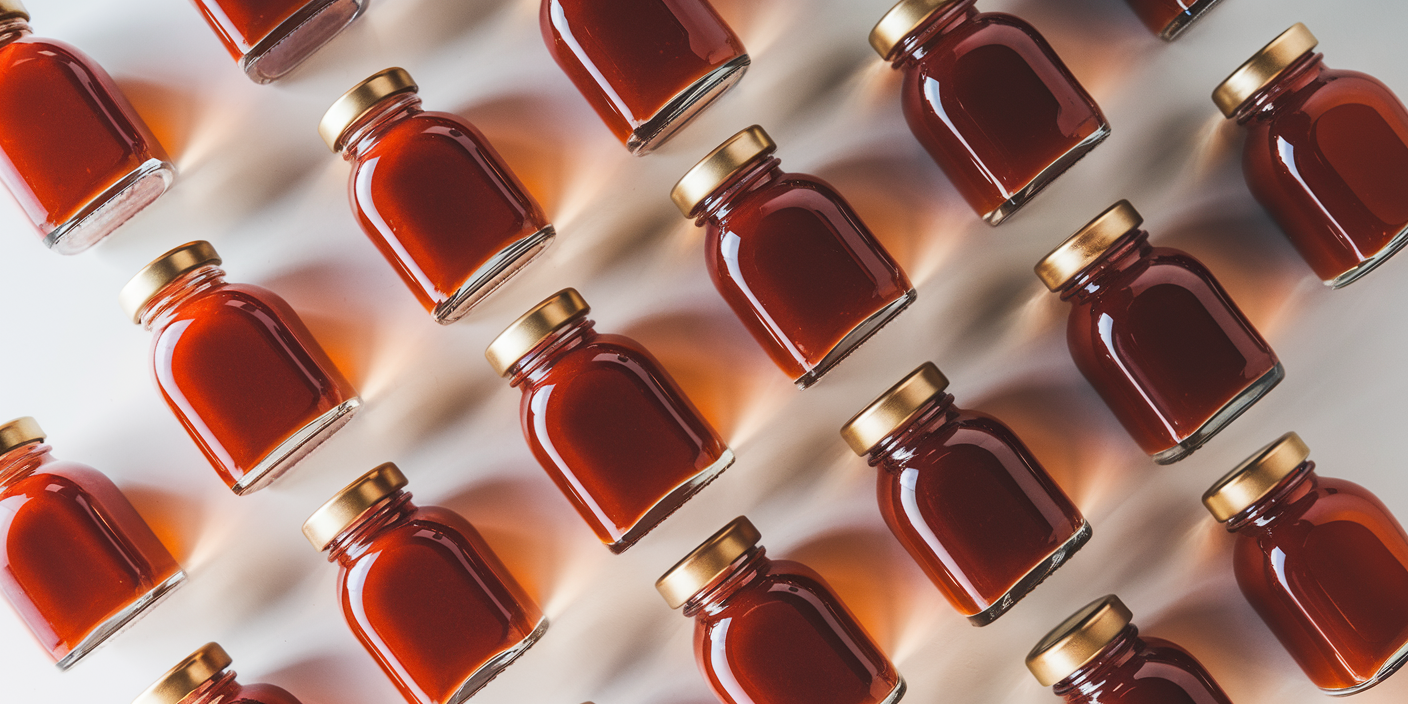
Beetroot Juice: A Natural Elixir for Better Health
Beetroots, with their vibrant red hue and earthy flavor, have been used for centuries as both a culinary delight and a medicinal remedy. Ancient Romans employed beetroot roots to treat indigestion, and modern research continues to uncover the potential health benefits of this versatile vegetable. In particular, beetroot juice has garnered attention for its potential to lower blood pressure, enhance athletic performance, and boost cognitive function.
The Power of Nitrates
The beneficial effects of beetroots are primarily attributed to their high concentration of nitrates. When consumed, nitrates are converted into nitrites and subsequently into nitric oxide, a potent compound that plays a crucial role in various physiological processes. Nitric oxide helps to dilate blood vessels, improving blood flow and reducing blood pressure.
Beetroot Juice Benefits
Blood Pressure Regulation: Consuming nitrate-rich foods like beetroot juice and leafy greens can contribute to lower blood pressure. The nitrates in beets help widen blood vessels, reducing overall blood pressure.
Athletic Performance: Beetroot juice has gained popularity among endurance athletes due to its potential to improve performance. By increasing blood flow and enhancing oxygen utilization, beetroot juice may enhance power output and stamina. However, individual responses may vary, and more research is needed to fully understand its effects on athletic performance.
Cognitive Function: Studies suggest that consuming beetroot juice, in combination with exercise, can improve cognitive function, particularly in older individuals. The increased blood flow and oxygen delivery to the brain may enhance brain health and cognitive abilities.
The Role of Oral Bacteria
Interestingly, the metabolism of nitrates in the body is influenced by the bacteria present in the mouth. When beetroot juice is consumed, nitrates are absorbed in the small intestine and transported to the blood. Salivary glands then release nitrates into the mouth, where oral bacteria convert them into nitrites. These nitrites are subsequently converted into nitric oxide in the acidic environment of the stomach, contributing to vasodilation.
Studies have shown that using antibacterial mouthwash can reduce the effectiveness of beetroot juice in lowering blood pressure, highlighting the importance of oral bacteria in the nitrate-to-nitrite conversion process. Similarly, spitting out beetroot juice after consuming it can diminish its blood pressure-lowering effects.
Additional Benefits of Beetroot Juice
Beyond its nitrate content, beetroot juice offers other potential health benefits:
Folate: Beetroots are a good source of folate, a B vitamin essential for red blood cell production and overall cellular health.
Anti-inflammatory Properties: Betalain, the pigment responsible for beetroot’s vibrant color, has anti-inflammatory properties that may protect the liver and other organs.
Antioxidant Activity: Betalain also possesses antioxidant properties, helping to protect cells from oxidative damage and reducing the risk of chronic diseases.
In Conclusion
While research on beetroot juice continues to evolve, the available evidence suggests that it may offer several health benefits, including lower blood pressure, improved athletic performance, and enhanced cognitive function. However, individual responses may vary, and more studies are needed to fully understand the long-term effects of beetroot juice consumption.
If you’re looking to incorporate beetroot juice into your diet, consider adding it to smoothies, juices, or soups. Experiment with different flavors and find what works best for you. Remember, as with any dietary change, it’s essential to consult with a healthcare professional before making significant adjustments.Sources et contenu associé


